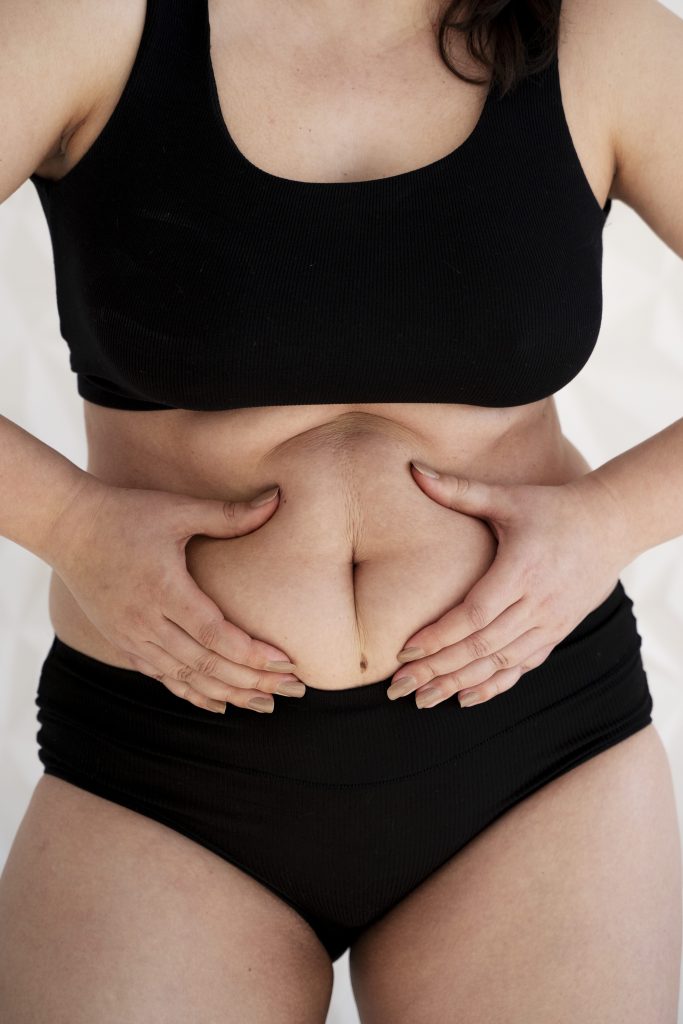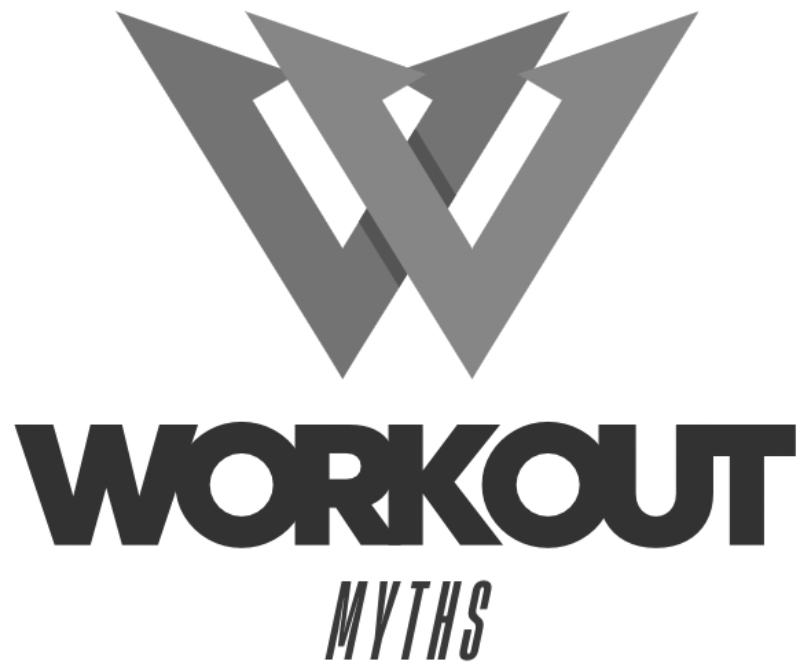“Do You Burn More Fat If You Exercise Before Breakfast?”

You’ve probably heard it a million times: “If you want to burn more fat, work out before breakfast!” It sounds logical, right? The idea is that exercising on an empty stomach forces your body to dip into fat stores because you haven’t eaten anything yet. But does timing your workout really have that kind of magic effect?
It’s All About Intensity, Not Timing
Your body is like a fancy hybrid car that can run on both gas and electricity. Except your body runs on carbohydrates and fats. But just like the car’s performance depends on how hard you push the pedal, the type of fuel your body uses depends on how intense your workouts are. Fat loss essentially comes down to one factor: Intensity.
During exercise, your body uses ATP (adenosine triphosphate) for energy. The source of ATP depends on the intensity. At high intensities, like sprinting or heavy lifting, your body uses carbohydrates because they provide quick energy. At lower intensities, like a leisurely jog, your body uses fat stores. But this is where the confusion sets in.
Just because your body has fewer carbs available when you have fasted it doesn’t mean that you’re burning more fat overall. It just means your body is using fat as a fuel source at that particular moment.
Why Didn’t the Fasted Group Lose More Weight?
CNN Health reports that a recent UK study found that exercising before breakfast led to burning twice as much fat compared to those who ate breakfast first. The study tracked 30 obese men over six weeks. One group worked out before breakfast, and the other group after.
But you will (almost) always find studies with contradicting views. There are probably millions of articles that say, “You burn more fat if you work out before breakfast.” Probably also why it has become a myth in the first place.
But the reality isn’t necessarily exactly how this study makes it sound. This is just an example that you should not always trust what the internet says at face value. Why? Because both groups lost about the same amount of weight overall. The reason behind this is that burning more fat during exercise doesn’t mean greater fat loss in general.
There’s a difference between burning fat for immediate energy and losing fat due to a calorie deficit. A calorie deficit happens when you consume fewer calories than your body needs, forcing it to use stored fat for energy. So, if you skip breakfast and exercise, you’re not necessarily losing more fat just because you worked out on an empty stomach. While it might burn more fat at that moment, it will all balance itself out once you have eaten all your calories for that day.
This study is just the perfect example of ‘clickbait’. It’s taken way out of context and plays directly at our gullible human nature. We want to believe in certain things, especially when it benefits us—that we can easily sort out our health thanks to some new trick is just one example. But it doesn’t necessarily make it true.
More Disadvantages Than Advantages
Sure, the study found that working out on an empty stomach has shown some positive effects on insulin sensitivity, which helps control blood sugar levels and could reduce the risk of diabetes and heart disease. But if your goal is strictly weight loss, one could argue that working out on an empty stomach has more disadvantages than advantages. Think about it: when you work out, your body uses carbohydrates and fats as its primary sources of energy. If you exercise before breakfast, your body has less readily available energy from carbohydrates because your glycogen stores (the stored form of carbs) are lower after an overnight fast. In practice, this means that working out on an empty stomach can potentially impact your performance negatively, especially during high-intensity exercises. When you’re low on fuel, you will not likely be able to push as hard, which can reduce the overall intensity of your workout. And lower intensity often means fewer calories burned overall.
Conclusion
So, should you drag yourself out of bed for a pre-breakfast sweat session? Only if you like it and it fits your schedule. But don’t do it thinking it’s some magical fat-burning hack.
It doesn’t matter if you work out at dawn, noon, or midnight, what matters most is the effort you put in and how many calories you burn. A workout that challenges you, gets your heart rate up, and keeps you consistent will always outshine the timing on the clock. Your body doesn’t have a preference for burning fat or carbs based on when you exercise. It all comes down to one factor: The intensity.

No responses yet